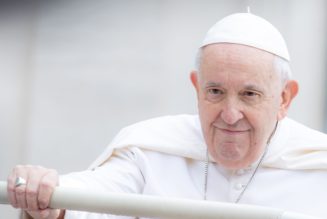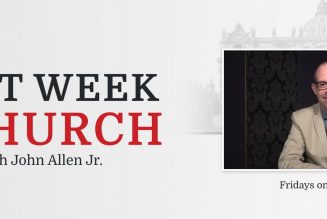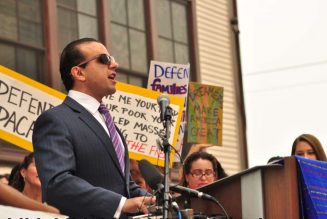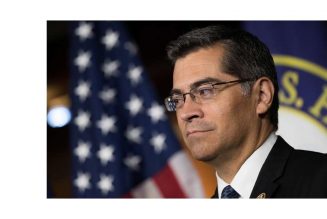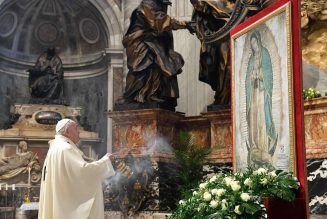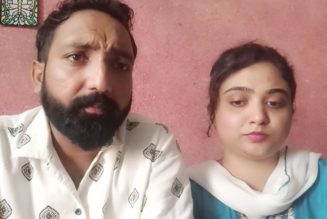
“We will always oppose the wish of some to end a life too prematurely, but we must recognize that a request for euthanasia from a young man of 40 is not equivalent to that of a person of 90 who faces an incurable illness,” he said.
According to the Catechism of the Catholic Church, “intentional euthanasia, whatever its forms or motives, is murder” and “gravely contrary to the dignity of the human person and the respect due to the living God, his Creator” (No. 2324). This teaching was reaffirmed in the 2020 Vatican document Samaritanus Bonus, which strongly denounced euthanasia as an “intrinsically evil act, in every situation or circumstance … a grave sin against human life.”
Bonny’s office did not respond to a Friday inquiry from CNA for more information about the bishop’s views.
The Belgian prelate has courted controversy before by taking actions and expressing views that appear at odds with the Church’s teaching, particularly related to his myriad calls for greater acceptance of homosexual relationships within the Church.
Bonny and the other Flemish bishops of Belgium introduced a blessing of same-sex couples in September 2022, despite the Vatican’s doctrine office, with the approval of Pope Francis, confirming that the Church does not have the power to give blessings to unions of persons of the same sex. Bonny later spoke to the highly controversial German Synodal Way assembly, which has openly dissented from several points of Church teaching, in March as a distinguished guest.
Assisted suicide is not the same as euthanasia, although the two phrases are often used interchangeably. According to the American Medical Association’s code of ethics, euthanasia necessarily involves “the administration of a lethal agent by another person to a patient,” meaning the person performing the euthanasia (e.g., a medical doctor) is directly responsible for ending the patient’s life.

